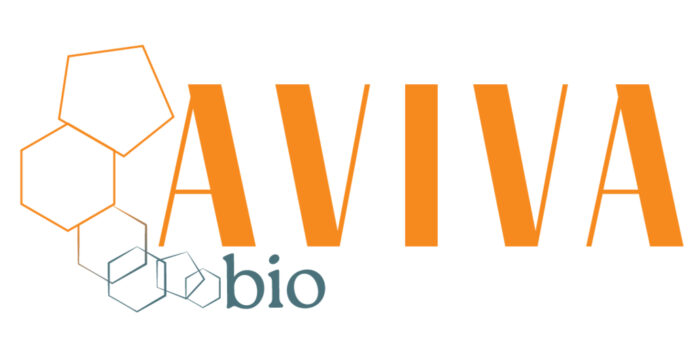CONCORD, Mass.– Aviva Biopharm Inc., a clinical-stage biopharmaceutical company focused on next-generation hormone therapies for women, presented new preclinical data at ENDO 2025 on d3-testosterone (d3-T), a first-in-class, non-aromatizing androgen designed specifically for female patients. The data were shared at the Endocrine Society’s annual meeting on July 14 in San Francisco.
d3-T is a novel compound structurally identical to testosterone, but with a key difference: the substitution of specific hydrogen atoms with deuterium. This alteration renders d3-T highly resistant to aromatization, the process by which testosterone is converted into estradiol—a transformation associated with increased risks of breast cancer and other estrogen-driven side effects.
“d3-T shares all the characteristics of testosterone, but is re-engineered for safety,” said Dr. Judith Boice, CEO of Aviva Bio and co-author of the research. “This small molecular change could represent a significant leap forward in hormone therapy for women.”
The company’s poster presentation, titled “Characterization of d3-Testosterone, A Novel, Non-Aromatizing Androgen,” highlighted several key findings. Preclinical studies showed that d3-T:
-
Is highly resistant to aromatization even when exposed to concentrated aromatase
-
Matches testosterone in potency and efficacy in activating androgen receptors
-
Demonstrates comparable metabolic stability and metabolite profiles in human and rat liver cells
These findings support the advancement of d3-T into clinical development, with a Phase I trial expected to begin in early 2026.
“This is a pivotal moment addressing a significant unmet need in women’s health,” said Dr. Barbara S. Levy, Chief Medical Officer at Visana Health and Clinical Professor at The George Washington University School of Medicine. “d3-T could significantly enhance options for hormone therapy in menopausal and perimenopausal women.”
Aviva Bio believes d3-T may be especially useful in cases where aromatization limits the effectiveness and safety of testosterone treatments. Beyond menopause-related care, the compound holds potential for broader indications including low libido, muscle loss due to aging, and side effects from GLP-1 agonist medications.
The company holds exclusive rights to d3-T and is preparing for its first clinical study as it works to redefine testosterone therapy for women.


